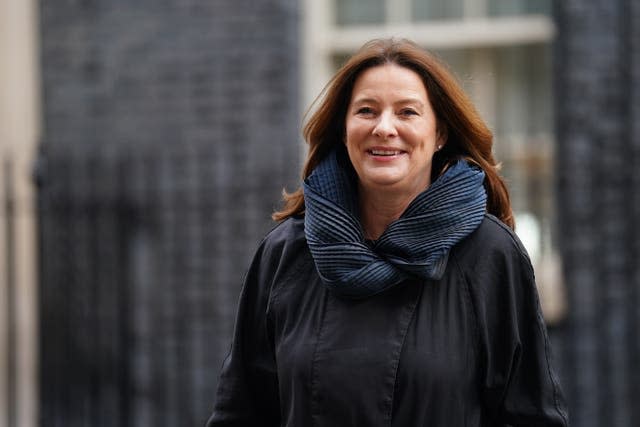Schools to be told not to teach sex education to children under nine

Schools in England will be told not to teach sex education to children under the age of nine, under Government proposals.
The Department for Education (DfE) will publish draft revised guidance on relationships, sex and health education (RSHE) on Thursday following concerns that children were being exposed to “inappropriate” content.
The guidance, which will be subject to a nine-week consultation, will say new age ratings should be introduced for RSHE content and schools should not teach about the concept of gender identity.
But education leaders and charities have raised concerns about the introduction of age limits in the curriculum because they say more children could turn to online sources rather than trusted teachers.
The revised draft guidance is set to include a section on sexual harassment and sexual violence, which will cover stalking and misogynistic online influencers, following a reported rise of behaviour prejudiced against females in schools.
It will make clear that parents have the right to see resources that are being used to teach RSHE in all circumstances and copyright law should not be a barrier to sharing materials with families.
It comes after the Prime Minister brought forward a review of statutory RSHE guidance for schools in March last year after hearing concerns that children were being exposed to “inappropriate” content.
An independent panel was appointed in 2023 to advise on the updated guidance as part of the review led by the DfE.

Rishi Sunak said: “Parents rightly trust that when they send their children to school, they are kept safe and will not be exposed to disturbing content that is inappropriate for their age.
“That’s why I was horrified to hear reports of this happening in our classrooms last year.
“I will always act swiftly to protect our children and this new guidance will do exactly that, while supporting teachers to teach these important topics sensitively and giving parents access to curriculum content if they wish.”
The draft guidance – which will open to consultation on Thursday – will say sex education should not be taught before Year 5 and at that point from a purely scientific standpoint.
It will add that secondary school pupils can learn about protected characteristics, such as sexual orientation and gender reassignment, but schools should not teach about the concept of gender identity.
The revised guidance for schools – which will be statutory when finalised – will include content on suicide prevention which aims to help pupils understand the risks of viewing content online that promotes self-harm and suicide.
Education Secretary Gillian Keegan said: “This updated guidance puts protecting children at its heart, and enshrines parents’ right to know what their children are being taught.
“It will support schools with how and when to teach often difficult and sensitive topics, leaving no doubt about what is appropriate to teach pupils at every stage of school.
“Parents can be reassured once and for all their children will only learn age-appropriate content.”
Since September 2020, relationships and sex education has been compulsory in secondary schools in England, while relationships education has been compulsory in primary schools.
Lucy Emmerson, chief executive of the Sex Education Forum charity, said: “If topics were to be restricted it will leave children even more dependent on getting answers about topics from pornography, coercive control and STIs from online sources.”
She added: “Banning topics and restricting age bands is not the solution; supporting schools, training teachers and taking an evidence-based approach is what’s needed to empower and protect children and young people.”
The National Association of Head Teachers (NAHT) has called on the Government to provide evidence which shows that age limits will improve the support, protection and safeguarding of pupils.
Paul Whiteman, general secretary at the union, said: “We cannot ignore the fact that some children and young people are already accessing information from different sources outside of school. This may lead to questions that need careful handling from trained professionals.
“It is hard to see how rigid limits on what can be discussed and when would be in the best interests of young people – and this may even risk them seeking information from less reliable sources.”
Elizabeth West, chief executive of Initio Learning Trust, an academy trust of 17 schools, told the PA news agency: “Any move to give greater clarification to schools concerning sex education is to be welcomed.
“However, we have not seen clear evidence to suggest that schools are currently exposing pupils to inappropriate content.”

 Yahoo News
Yahoo News 
